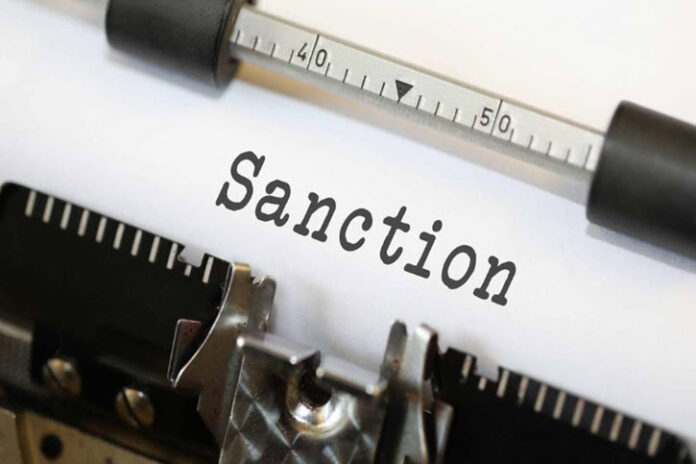Kraken, one of the biggest cryptocurrency exchanges based in the United States, has agreed to pay more than $360,000 to the Treasury Department’s Office of Foreign Assets Control, or OFAC, to settle potential civil actions related to violating sanctions against Iran. Additionally, the crypto exchange also agreed to invest over $100,000 in sanction compliance controls as part of the settlement reached with the US Treasury department.
According to the OFAC, Kraken’s failure to timely implement appropriate geolocation tools, including an automated internet protocol (IP) address blocking system, allowed for the crypto exchange to operate in regions where the U.S. had applied economic sanctions such as Iran.
The United States imposed sanctions on Iran back in 1979, which included a prohibition to export goods or services to businesses and individuals in the country. With the creation of cryptocurrencies and crypto exchanges, and the few regulations that took place shortly after, the services provided by the exchanges quickly became part of those prohibitions and companies were forced to follow them. However, Kraken failed to do so and it has been violating these controls since 2019 by allowing over 1500 individuals to register in the exchange, allowing them to purchase and sell cryptocurrencies. Furthermore, previous reports have also hinted that Kraken may have allowed access to cryptocurrencies for individuals based in Syria and Cuba, countries that have also been sanctioned by the U.S.
As part of the agreement, the crypto exchange also took significant remedial measures which include: adding geolocation blocking to prevent clients in prohibited locations from accessing their accounts on Kraken’s website; implementing multiple blockchain analysis tools to assist with sanctions monitoring; investing in additional compliance-related training for its staff; hiring a dedicated head of sanctions to direct Kraken’s sanctions compliance program; expanding its contract with its current screening provider to add additional screening capabilities to ensure compliance with OFAC’s “50 Percent Rule”; contracting with a vendor that assists with identification and nationality verification by using artificial intelligence tools to detect potential issues with supporting credentials provided by users; and implementing an automated control to block accounts using cities and postal codes associated with the Crimea region and in the so-called Donetsk and Luhansk People’s Republics of Ukraine.
Unfortunately, this is not the only sanction the exchange has faced. Back in 2021, the U.S. Commodity Futures Trading Commission, or CFTC, ordered Kraken to pay over $1 million in civil monetary penalties for allegedly violating the Commodity Exchange Act. According to the statement published by the CFTC, the exchange failed to register as a futures commission merchant and was illegally offering margined retail commodity transactions in digital assets. The CFTC ordered Kraken to also cease and disease from further violations of the Commodity Exchange Act.















